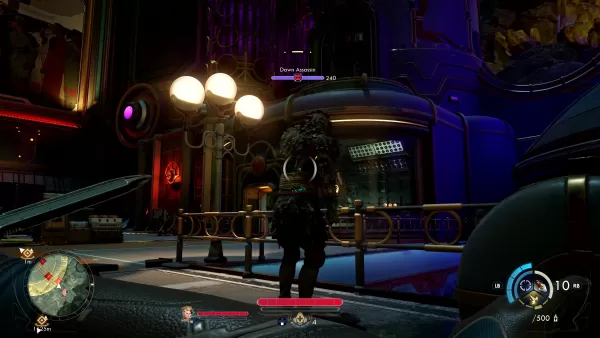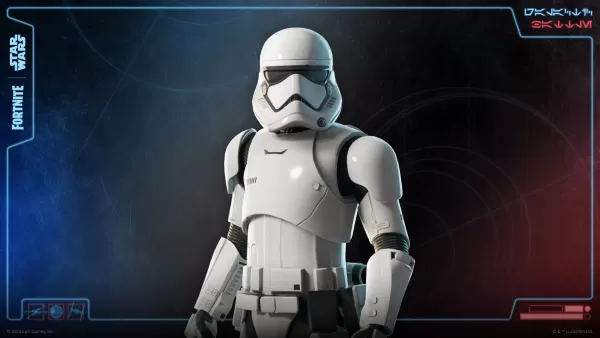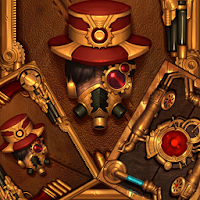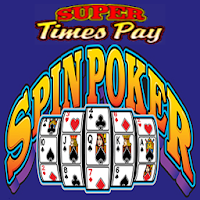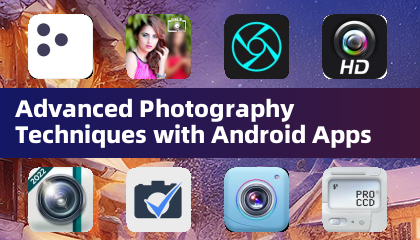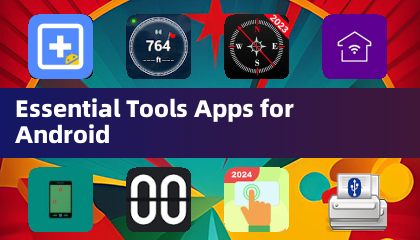Elden Ring's 10 Starting Classes Ranked: From Worst to Best
Every Elden Ring journey begins with a class selection, offering 10 distinct options. These classes differ subtly in stats and starting equipment. This ranking evaluates them from least to most effective.
Table of Contents
- Best Elden Ring Starting Classes, Ranked
- Does Your Starting Class Matter in Elden Ring?
- What Is the Easiest Class for Beginners?
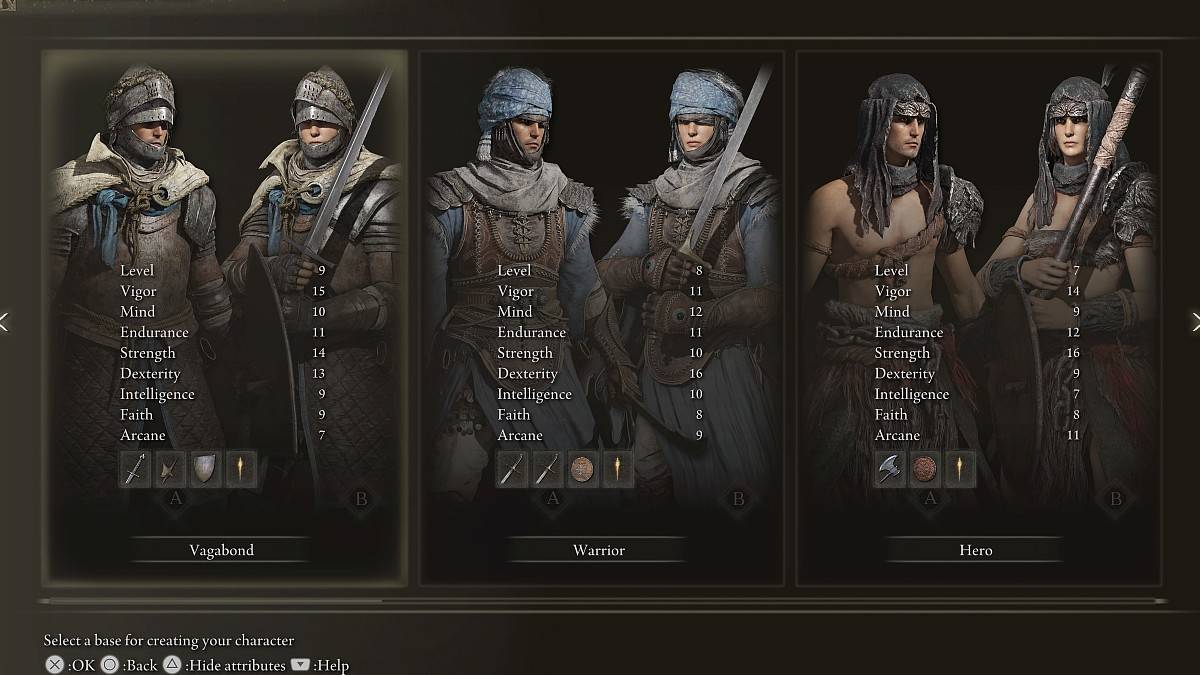
10. Bandit
The bottom three classes are largely interchangeable, but the Bandit stands out negatively. Its low starting level (5) and primary stat focus on Dexterity (a relatively weak stat) coupled with subpar equipment make it an undesirable choice.
9. Confessor
Confessors lack the advantages of other classes. Faith is a challenging stat to develop early, and their starting equipment doesn't synergize well with early-game Faith builds or damage output.
8. Prisoner
Similar to the Bandit, the Prisoner is an inferior version of other Dexterity/Intelligence builds. Its fragility and less-than-ideal starting weapons make it a poor choice compared to alternatives.
7. Warrior
Among Dexterity options, the Warrior isn't terrible, starting with two swords. However, superior Dexterity options exist. While possessing the highest base Dexterity, it only offers a single point advantage toward the soft cap, and its gear doesn't justify its selection. Still, it surpasses the preceding three.
6. Prophet
Faith-based classes are generally challenging. The Prophet, however, is the best of the bunch. Its starting spells are decent, but its equipment lags behind others. With strategic acquisition of Faith weapons, it can prove viable.
Related: Best Keepsake to Choose in Elden Ring
5. Hero
The top four classes are significantly superior. The Hero offers advantages: a Battle Axe, 16 Strength for early-game dominance, and a useful Ash of War. However, low Dexterity hinders meeting minimum stat requirements, and a better Strength option exists.
4. Samurai
This is the best readily available Dexterity class. Its excellent armor and exceptional starting weapon, the Uchigatana (high scaling, impressive damage, and bleed potential), make it a strong contender.
3. Astrologer
Players focusing on magic or Intelligence should start with the Astrologer. Its superior early-game spellcasting capabilities, 16 Intelligence at level 6, ample room for stat improvement, and ideal starting equipment make it a top choice for mage builds. It also transitions well to Intelligence/Strength builds.
2. Wretch
The Wretch begins at level 1 with 10 points in each stat and a decent club with a strong Ash of War. Its low level and lack of armor present a challenging start for newcomers. It's less effective for single-stat builds but excels for highly customized builds or respec options.
1. Vagabond
For both new and experienced players, the Vagabond is the optimal starting class. Its balanced stat distribution, fantastic weapon, and durable armor make it a versatile and effective choice. Its stat spread allows easy respeccing or adaptation to diverse builds.
Choosing the Vagabond ensures a strong start.
Does Your Starting Class Matter in Elden Ring?
Unless min-maxing is a priority, your starting class's impact is minimal. While the Bandit might present early difficulties, long-term stat allocation and build customization negate initial disadvantages. Even a suboptimal class choice results in only minor deviations from a fully optimized build.
Min-maxing is largely irrelevant, even in PvP. Optimized builds provide a negligible advantage unless competing against top-tier PvP players. Choose a class that appeals aesthetically.
What Is the Easiest Class for Beginners?
For newcomers, the Vagabond is recommended. Its straightforward melee combat facilitates learning Elden Ring's mechanics.
Elden Ring is available now on PC, Xbox, and PlayStation.


